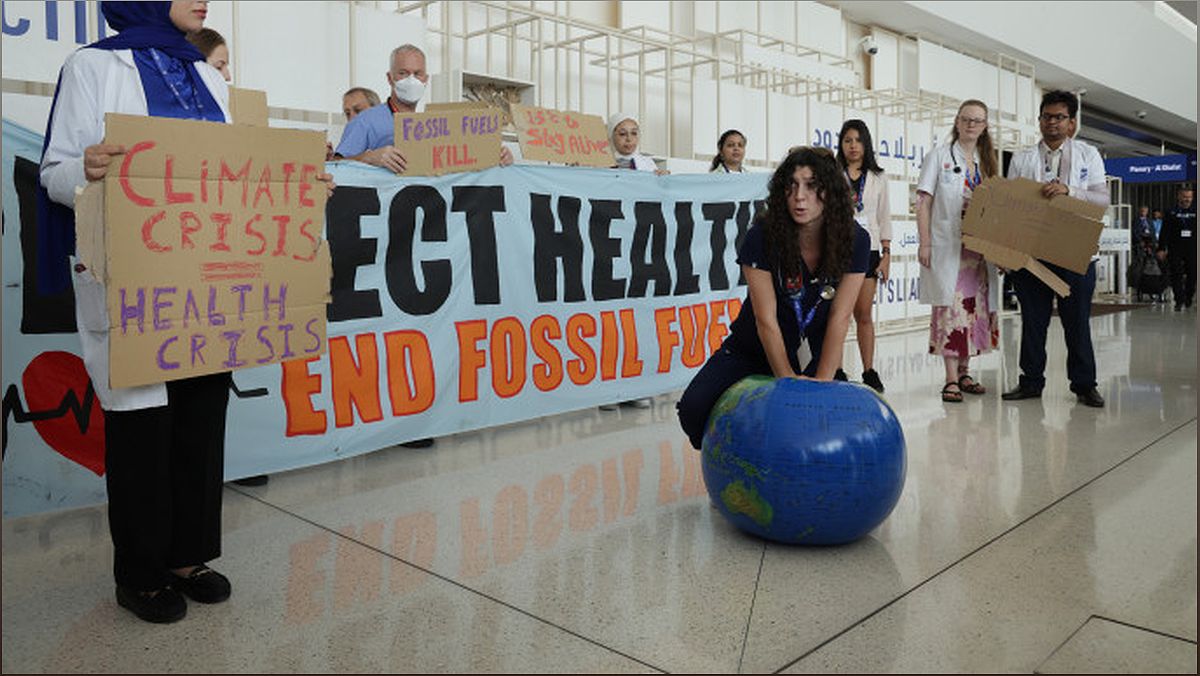As the world gathers at COP28 to address the pressing issue of climate change, the topic of fossil fuel phase-out has become a major point of contention. In this article, we delve into the controversy surrounding this crucial issue and the challenges faced by GCC countries. Join me, John Green, as we explore the key players, differing perspectives, and the urgent need for climate action. Get ready for an insightful journey into the heart of the debate.
The Urgency of Fossil Fuel Phase-Out
Explore the pressing need for fossil fuel phase-out and its implications for combating climate change.
Climate change is an imminent threat that requires urgent action. The continued use of fossil fuels exacerbates the problem, leading to devastating consequences for our planet. It is imperative that we address the urgency of fossil fuel phase-out to mitigate the impacts of climate change.
By transitioning away from fossil fuels and embracing renewable energy sources, we can significantly reduce greenhouse gas emissions and work towards a sustainable future. The urgency of this transition cannot be overstated, as the window of opportunity to limit global warming to 1.5 degrees Celsius is rapidly closing.
The Debate: Phase-Out vs. Phase-Down
Examine the differing perspectives on fossil fuel phase-out and phase-down, and the implications of each approach.
The debate surrounding fossil fuel phase-out centers on the question of whether to set a target year for complete cessation of fossil fuel use or to opt for a more gradual phase-down approach. Proponents of phase-out argue that a clear deadline is necessary to drive immediate action and signal a commitment to a sustainable future.
On the other hand, proponents of phase-down emphasize the need for a structured decline in fossil fuel use, allowing for a smoother transition and considering the economic implications for fossil fuel-dependent industries. Both approaches have their merits and drawbacks, leading to a complex and contentious debate.
The Role of Carbon Capture and Storage (CCS)
Examine the role of carbon capture and storage (CCS) in the fossil fuel phase-out debate and its effectiveness in reducing emissions.
Carbon capture and storage (CCS) is often touted as a potential solution to mitigate the emissions from fossil fuel use. It involves capturing carbon dioxide emissions and storing them underground, preventing them from entering the atmosphere.
While CCS has the potential to reduce emissions, its effectiveness and scalability remain uncertain. The high costs and technological challenges associated with CCS implementation have hindered its widespread adoption. As we navigate the fossil fuel phase-out debate, it is crucial to critically evaluate the role of CCS and explore alternative solutions for reducing emissions.
The Impact on Climate-Vulnerable Nations
Examine the impact of fossil fuel phase-out decisions on climate-vulnerable nations and the importance of their inclusion in the decision-making process.
Climate-vulnerable nations, such as small island states, are disproportionately affected by the impacts of climate change. For these nations, the success of COP28 will be measured by the decisions made regarding fossil fuel phase-out.
It is crucial to include the perspectives and needs of these nations in the decision-making process to ensure a just and equitable transition. By prioritizing the interests of climate-vulnerable nations, we can work towards a more sustainable and resilient future for all.

